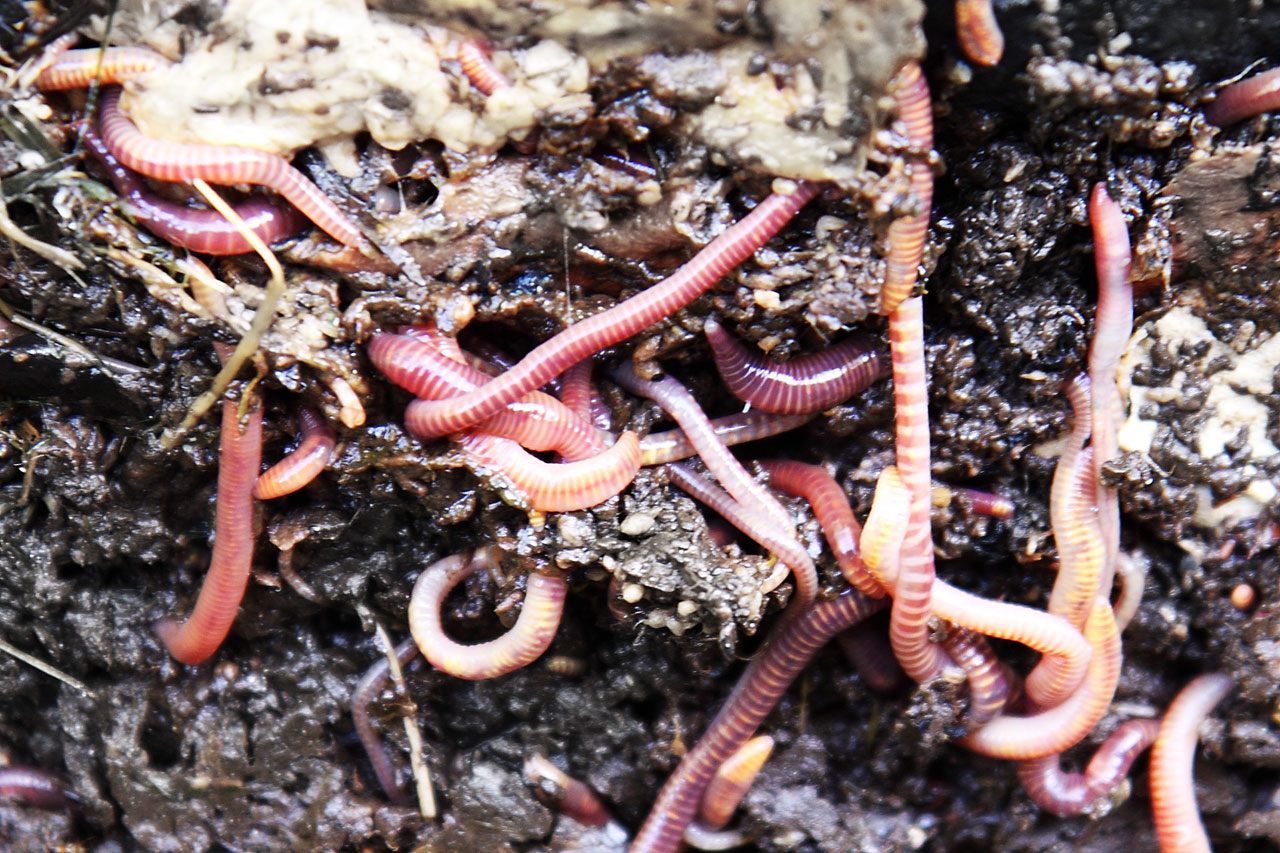Although vermiculture is slowly gaining popularity, not many people know just how beneficial worms can be in vegetable gardens. If you want rich, nutrient-dense soil for growing your favorite vegetables, consider adding some Denju Garden Worms to your garden bed. It has been scientifically proven that for soil to be healthy, there has to be sufficient plant and, more importantly, animal underground activity. If you are struggling with porosity issues or water retention, worms might be the answer. Worms have also been linked to improving yields, soil structure, and soil pH.
Worms Enrich Soil
Worms eat lawn clippings, soil, farm waste, shredded newspaper, kitchen scraps, and fallen leaves. During the digestion of these materials, enzyme-containing intestinal fluids are secreted. When this mixture is excreted in the form of what is referred to as worm castings, it adds nutrients to the soil. As a matter of fact, according to a New Zealand research, worm castings which have been referred to as gardeners gold, have four times as much phosphorus as surface soil. These nutrients, which include phosphorus, magnesium, calcium, potassium, nitrogen, and micronutrients, help promote vegetable growth.
Worms Improve Aeration
Worms are known to burrow through soil. Some like the Lumbricus terrestrial can even go as deep as 6 feet. When they burrow, they create tunnels. These tunnels then act as air pockets ensuring plants have the amount of oxygen they need to grow. The tunnels additionally create room for roots to grow deeper and access moisture, thereby facilitating plant growth.
Worms Improve Drainage and Soil Structure
As worms burrow through soil, they loosen it. This helps the soil drain water away faster. As per studies, gardens that have worms drain water ten times faster and have six times better water infiltration. As for structure, worm castings bind soil as they have a cementing property. By cementing the soil, aggregates are made, and soil structure is improved.
The Best Worms For Vegetable Gardens
Of the many species of worms known, only a couple can be termed beneficial for gardens. Top on this list is red wigglers, which are also known as red tigers and Eisenia fetida. Eisenia hortensis,
Perionyx excavatus, Amynthas Gracilis, Allolobophora Caligninosa,Lumbricus rubellus, and Lumbricus terrestris have also been proven to be great garden worms.
Worms improve soil fertility, structure, and porosity on top of suppressing diseases and increasing yield. Introducing them in your garden is, therefore, a very crucial organic practice. Of course, worms will eventually find a way to your garden bed. Buying and placing them there will, however, take less time. The introduction can be done in any garden bed, at any time provided the temperatures are above 0°celsius. Make sure to add a layer of mulch made from lawn clippings, straw, or any organic matter after introducing the worms to the garden. This will give the worms food to eat and keep their skin moist, which is important considering they breathe through their skin. A raised vegetable bed is also recommended for efficient containment.


